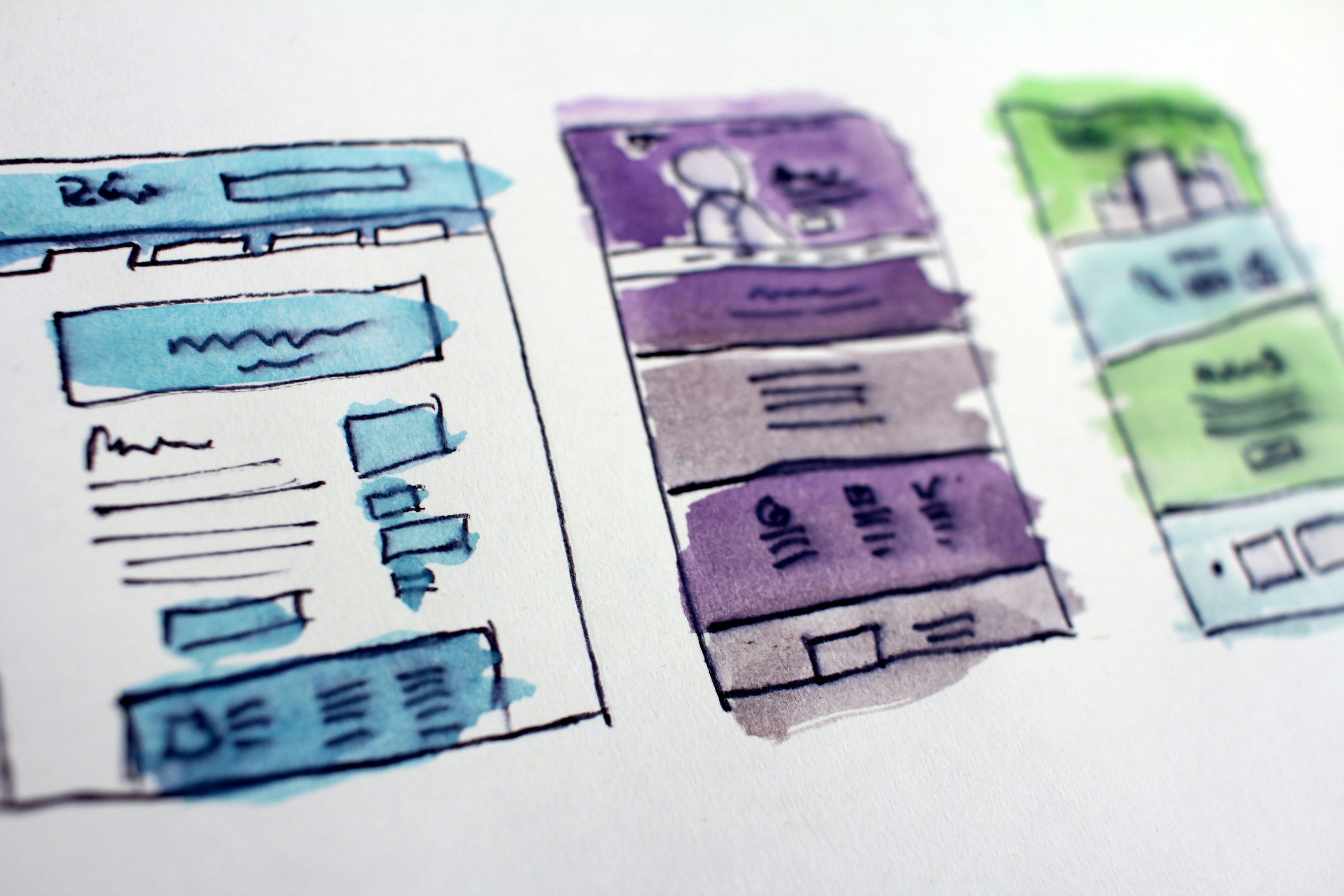When I started working in IT, mastering Docker was a key skill. Today, having a solid understanding of cloud services is essential for anyone seeking to advance their career—this is based on my personal experience. I first explored cloud services earlier this year, and they have completely transformed how companies design and scale their IT infrastructure. The leading players in the cloud market are Amazon Web Services (AWS), Microsoft Azure and Google Cloud Platform (GCP). If you’re new to cloud technologies, this article is for you.

AWS (Amazon Web Services)
If you’re just starting with cloud technologies and wondering which one to try first, AWS is an excellent choice. It holds the largest market share by far. I began working with AWS in March this year, using it to build my first Sudoku-solving application. AWS is the most frequently encountered platform in the job market, so gaining experience with it is highly beneficial. AWS offers numerous free services, allowing you to experience a real cloud environment without any cost.
Advantages of AWS:
- Scalability and Stability: AWS offers unparalleled scalability, allowing businesses to adjust infrastructure according to their needs dynamically.
- Extensive Service Range: With over 200 fully-featured services, AWS provides everything from compute power and storage to AI, IoT, and big data analytics.
- Strong Community Support: Due to its long-standing presence, AWS has a vast community and third-party support, simplifying the integration and development of solutions.

Microsoft Azure
Microsoft products are widely adopted by enterprises, making Azure a strong competitor to AWS—though not strong enough to share the number one spot. Personally, I’ve never been a fan of Microsoft products, and I rely on the knowledge I’ve gained from the large online community. Forgive me, IT world, but I think I can survive without much hands-on experience with Azure. Azure integrates well with Windows Servers, Active Directory, Office 365, and other Microsoft services, making it highly appealing to organizations already within the Microsoft ecosystem.
Advantages of Azure:
- Integration with Microsoft Products: Businesses that already use Microsoft solutions prefer Azure for its seamless integration with their existing infrastructure.
- Hybrid Cloud Solutions: Azure is a leader in hybrid cloud, allowing companies to combine on-premise infrastructure with cloud services.
- Rapid Growth and Innovation: Microsoft is continuously expanding its cloud offerings, with innovations such as Azure AI, Azure IoT, and Azure DevOps.

GCP (Google Cloud Platform)
I had the pleasure of working with Google Cloud Platform a few months ago during the hiring process for a multinational company. I love impressing during interviews, so I made sure to study their tech stack thoroughly. However, it turned out no one on the interview panel knew much about GCP, and I didn’t land the job. But at least I get to share my insights here on my blog. GCP is best known for its strong focus on data, machine learning, and analytics. While it holds a smaller market share than AWS and Azure, GCP is preferred for innovative big data processing and AI-driven solutions.
Advantages of GCP:
- Strong Data Analytics Support: Tools like BigQuery make GCP one of the best platforms for big data and data science.
- Powerful AI and ML: Google is a pioneer in machine learning and AI. TensorFlow, a leading ML platform, is one of the most popular tools for developers on GCP.
- Sustainability Initiatives: Google Cloud stands out for its eco-friendly commitments, such as achieving carbon neutrality, which attracts companies focusing on sustainability.

Cloud Trends in 2024
- Hybrid and Multicloud Solutions: Hybrid cloud combines public and private solutions, and I’m personally curious to see where this strategy leads.
- Serverless Architectures: Services like AWS Lambda, Azure Functions, and Google Cloud Functions allow developers to write and run code without worrying about server management.
- AI and ML: AI isn’t just for fun (though my mom might argue otherwise—installing ChatGPT on her phone saved me from multiple calls about changing her Windows wallpaper). All three platforms are heavily investing in AI and ML services, which enable developers to train models, analyze data, and create predictive systems using the cloud.
- Containerization and Kubernetes: Kubernetes, the open-source platform for managing containerized applications, is supported by all major cloud providers. I highly recommend focusing on Kubernetes, as it’s one of the technologies you’ll likely be asked about during interviews (based on my experience in backend developer interviews).

Conclusion: Which Platform Should You Choose?
The right platform depends on your needs, but if you’re just starting with cloud computing, AWS is a great place to begin. If you’re looking for a broad range of services and global availability, AWS is probably your best bet. Azure is perfect for organizations that already rely on Microsoft solutions or need hybrid solutions. Google Cloud is ideal for data-focused projects. Each platform has its strengths, and it’s always a good idea to explore all three of these major players to find the best fit for your project.








Leave a Reply